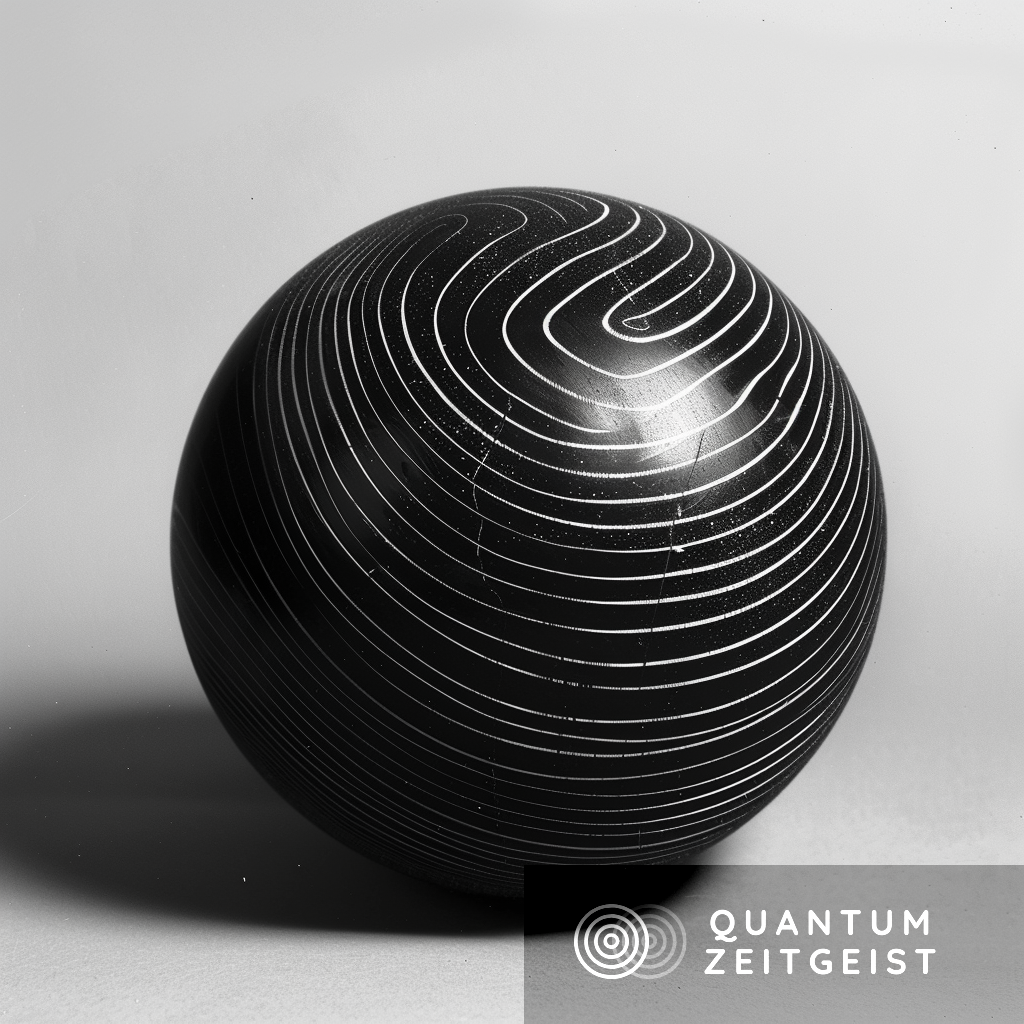A research paper by scientists from the University of Warsaw and the Polish Academy of Sciences has tested the accuracy of qubit rotations on IBM’s public quantum computer. The team measured a single qubit rotated by π/2 about a random axis and found systematic deviations from theoretical predictions. These deviations, which could not be fully explained by simple corrections due to nonlinearities of pulse generations, suggest that corrections to the ideal model are necessary. The findings provide a diagnostic tool for testing the accuracy of qubit rotations, which is crucial for the development of quantum computing.
What is the Accuracy of Qubit Rotations on a Public Quantum Computer?
The research paper titled “Testing the accuracy of qubit rotations on a public quantum computer” by Tomasz Białecki, Tomasz Rybotycki, Jakub Tworzydło, and Adam Bednorz from the Faculty of Physics University of Warsaw, Systems Research Institute Polish Academy of Sciences, and Center for Theoretical Physics Polish Academy of Sciences, Warsaw, Poland, delves into the analysis of the results of the test of π/2 qubit rotations on a public quantum computer provided by IBM.
The researchers measured a single qubit rotated by π/2 about a random axis and accumulated vast statistics of the results. The test performed on different devices showed systematic deviations from the theoretical predictions, which appeared at level 10^3. Some of the differences beyond 5 standard deviations could not be explained by simple corrections due to nonlinearities of pulse generations. The magnitude of the deviation is comparable with the randomized benchmarking of the gate, but the researchers additionally observed a pronounced parametric dependence.
How Reliable are the Rotation of Single Qubit Quantum Gates?
The paper proposes a simple experiment as a diagnostic test of the reliability of the rotation of single qubit quantum gates. Quantum computers usually offer a limited set of basic operations gate, but they can be controlled by a continuous parameter, the rotation angle. This means that the interlevel transition amplitudes are multiplied by e^iθ, with θ being a control angle. The test compares the outcome probability of the qubit in a specific state with the standard cos^2θ, with θ being the phase shift of a given gate. Deviations from the fit to the combination of 1 cos and sin beyond the statistical error mean corrupt rotation.
What are the Findings of the Test on IBM’s Public Quantum Computer?
The public quantum computer by IBM offers the possibility to perform such a test with sufficiently large statistics as the rotation is performed virtually by shifting the phase of the gate. The researchers were able to run the experiment on several different devices, including a single qubit one. The statistics they collected were sufficiently large to make confident conclusions. They found deviations at the relative level 10^3 and far beyond 5 standard deviations. Their observations show that the deviations are not accidental and corrections to the ideal model are necessary to explain them.
What are the Possible Causes of the Deviations?
The researchers also tested the nonlinearities of the waveform generators as the possible cause and they only partially explain the data. The remaining discrepancies are still beyond 5 standard deviations and their cause is still unknown. The researchers encourage readers to investigate possible causes. There may be subtle technical reasons but extraordinary models such as involving a larger Hilbert space or more exotic concepts such as interacting many copies should also be considered.
What is the Significance of these Findings?
The deviations have a similar structure for various devices used at different times, so they can also serve as a diagnostic tool to eliminate imperfect gate implementations and a faithful description of the involved physical systems. The researchers perform additional benchmarking tests to show that the deviations are independent of the inevitable decoherence caused by subsequent gates. This research is significant as it provides a diagnostic tool for testing the accuracy of qubit rotations on a public quantum computer, which is critical for the advancement of quantum computing.
Publication details: “Testing the accuracy of qubit rotations on a public quantum computer”
Publication Date: 2024-03-06
Authors: Tomasz Białecki, Tomasz Rybotycki, J. Tworzydło, Adam Bednorz, et al.
Source: Frontiers in Physics
DOI: https://doi.org/10.3389/fphy.2024.1360080

